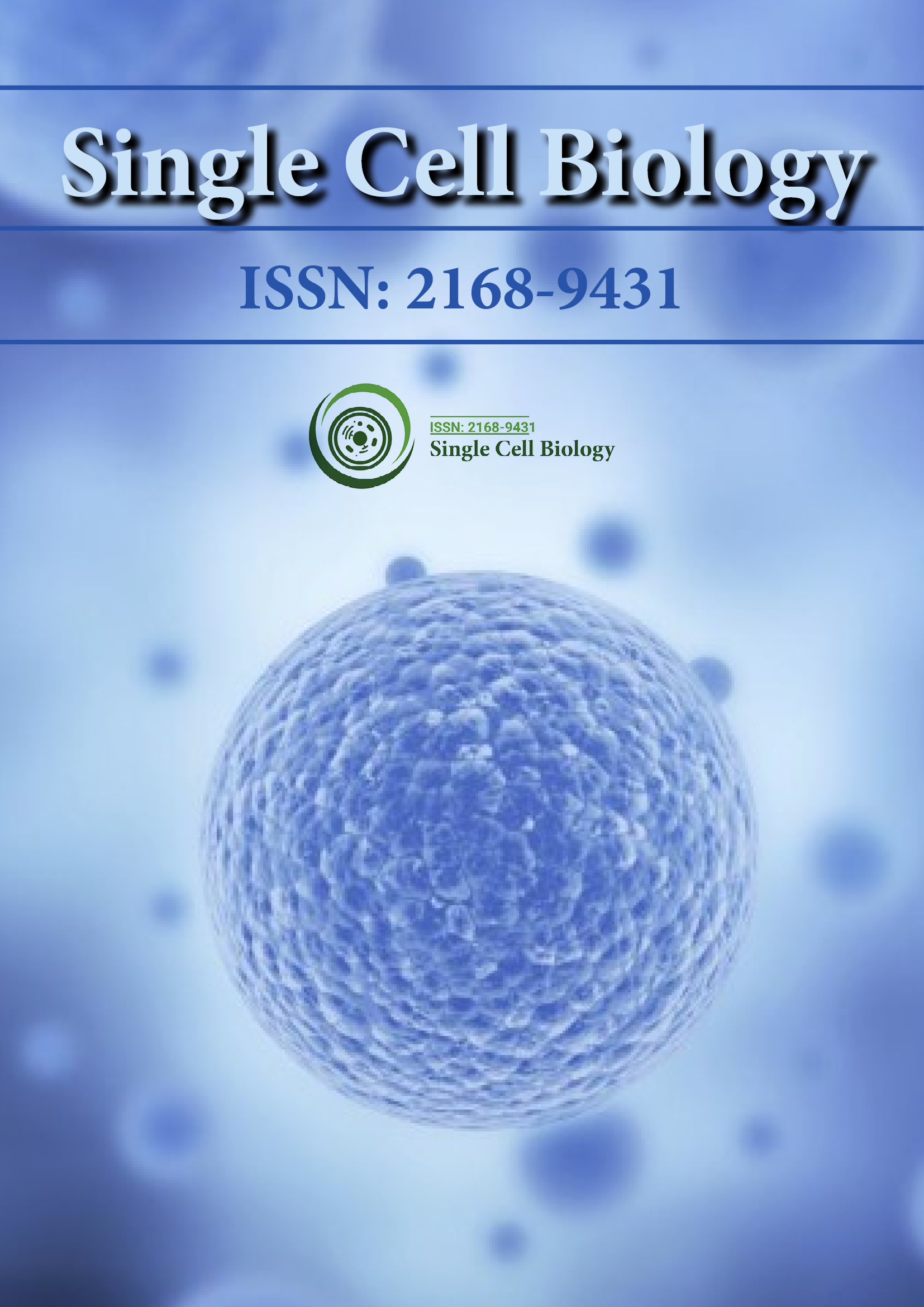Indexed In
- ResearchBible
- CiteFactor
- RefSeek
- Hamdard University
- EBSCO A-Z
- Publons
- Geneva Foundation for Medical Education and Research
- Euro Pub
- Google Scholar
Useful Links
Share This Page
Journal Flyer

Open Access Journals
- Agri and Aquaculture
- Biochemistry
- Bioinformatics & Systems Biology
- Business & Management
- Chemistry
- Clinical Sciences
- Engineering
- Food & Nutrition
- General Science
- Genetics & Molecular Biology
- Immunology & Microbiology
- Medical Sciences
- Neuroscience & Psychology
- Nursing & Health Care
- Pharmaceutical Sciences
Perspective - (2022) Volume 11, Issue 4
Cell Culture Processes and Procedures Depending on the Cell Type
Privelli Pugh Min*Received: 27-Jun-2022, Manuscript No. SCPM-22-17367; Editor assigned: 29-Jun-2022, Pre QC No. SCPM-22-17367(PQ); Reviewed: 13-Jul-2022, QC No. SCPM-22-17367; Revised: 20-Jul-2022, Manuscript No. SCPM-22-17367(R); Published: 27-Jul-2022, DOI: 10.35248/2168-9431.22.11.028
Description
Cell culture refers to the removal of cells from an animal or plant and their subsequent growth in a favourable artificial environment. Cell culture refers to laboratory methods that enable the expansion of eukaryotic or prokaryotic cells in physiological conditions. Cell culture may be a very versatile tool in the investigation of basic scientific and translational research questions. Cell culture processes and procedures vary depending on the cell type and application. Cell culture systems are used to study cell development and differentiation as experimental models in basic research, medicine and pharmaceutical applications, manufacturing therapeutic proteins, vaccines and monoclonal antibodies. Essentially, cell culture involves the distribution of cells in a man-made environment In vitro which is composed of the necessary nutrients, ideal temperature, gases, pH and humidity to permit the cells to grow and Proliferate cell culture conditions do not act only to support cell growth but are now considered instructive.
In vivo means when the study involves living biological entities within the organism. In vitro means when the study is conducted using biological entities (cells, tissue etc.,) that have been isolated from their natural biological environment. For example, tissue or cells isolated from the liver or kidney. The experimental applications of cultured cells are as diverse as the cell types that can be grown in vitro. Different types of cell culture are discussed below.
Primary cell culture
Cell division occurs at the stage of the culture after the cells are isolated from the tissue and disaggregated using chemical, mechanical or enzymatic methods to break up tissues and acquire viable cells. These viable cells proliferate under the acceptable conditions until they occupy all of the available substrate. Because they're derived from tissue and not modified they're more similar to the in vivo state and exhibit normal physiology. They will need to be sub-cultured as nutrient exhaustion, toxic metabolite accumulation and available space for growth all limit proliferation. Voltaic cell culture is the process of growing and maintaining a specific cell type excised from normal parental tissue.
Secondary cell culture/cell line culture
A secondary cell culture or a cell line is a type of cell culture with an indefinite lifespan. The indefinite lifespan made possible because acquisition of immortality through mutations or viral transformation. Storage cell cultures will be easier to maintain and have a more uniform and long-lasting cell population but because the cultures have grown and been passaged in artificial cell culture media they're going to provide biological responses different from cells within the original host tissue. Typically, subculturing is the transferring of cells in a primary cell culture into a new vessel with a fresh medium. However, cells may spontaneously acquire mutations when they go through several sub-culturing steps. Storage cell culture refers to a cell line or sub-clone sub-cultured from a primary cell culture.
Basically, primary cell culture is a type of initial cell culture containing cells directly derived from the host tissue. Cells closely resemble the host tissue and its normal physiology. Secondary cells have an identical genetic makeup as well as a biological response to the host tissue. During sub-culturing these cells undergo mutations which allow them to obtain an indefinite lifespan while adapting to the culture conditions.
Citation: Min PP (2022) Cell Culture Processes and Procedures Depending on the Cell Type. Single Cell Biol. 11:028.
Copyright: © 2022 Min PP. This is an open-access article distributed under the terms of the Creative Commons Attribution License, which permits unrestricted use, distribution, and reproduction in any medium, provided the original author and source are credited.
